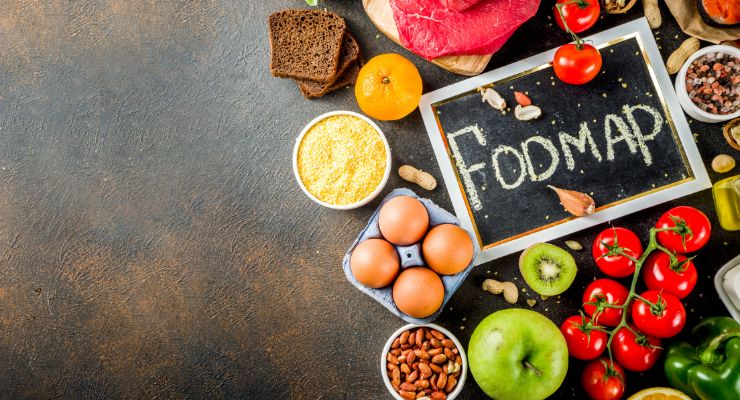05.25.23
A new study conducted by the research and development team of ingredient supplier BIO-CAT concluded that inulinase enzymes help to break down fructans, which are associated with digestive discomfort. The preclinical study was published in Frontiers in Nutrition.
“Currently, there are consumer products available on the market promoting the digestion of lactose and galactans, however there remains an opportunity for improving digestion of fructans found in vegetables like onions and garlic,” said Sean Garvey, PhD, director of enzyme research and development at BIO-CAT. The researchers studied inulinase utilizing their validated gastric digestion simulation, adapted from the INFOGEST model.
Fructans are part of a group of compounds known as FODMAPs (fermentable oligo-, di-, monosaccharides and polyols. These compounds can cause digestive difficulties, especially compared to other fermentable carbohydrates, due to the gases generated when these carbohydrates ferment in the gut.
Fructans, such as inulins, are the recent topic of several high impact publications demonstrating their potential inflammatory role in the mammalian gut. Inulinase enzyme supplementation may be an opportunity to address fructan-related digestive symptoms and gut inflammation, the researchers noted.
The human gut uses innate microbes in order to produce inulinases and metabolize fructans. The researchers hypothesized that microbial supplementation can improve the rate at which fructan is digested into fructose in the stomach. This would improve absorption in the upper intestine, thereby reducing the rate at which fructans ferment in the lower digestive tract.
The data support inulinase enzyme supplementation across physiologically-relevant gastric conditions, setting the stage for a clinical study. BIO-CAT has initiated a clinical trial to determine the safety and tolerability of high-dose microbial inulinase supplementation, which will be managed by Nutrasource.
“Currently, there are consumer products available on the market promoting the digestion of lactose and galactans, however there remains an opportunity for improving digestion of fructans found in vegetables like onions and garlic,” said Sean Garvey, PhD, director of enzyme research and development at BIO-CAT. The researchers studied inulinase utilizing their validated gastric digestion simulation, adapted from the INFOGEST model.
Fructans are part of a group of compounds known as FODMAPs (fermentable oligo-, di-, monosaccharides and polyols. These compounds can cause digestive difficulties, especially compared to other fermentable carbohydrates, due to the gases generated when these carbohydrates ferment in the gut.
Fructans, such as inulins, are the recent topic of several high impact publications demonstrating their potential inflammatory role in the mammalian gut. Inulinase enzyme supplementation may be an opportunity to address fructan-related digestive symptoms and gut inflammation, the researchers noted.
The human gut uses innate microbes in order to produce inulinases and metabolize fructans. The researchers hypothesized that microbial supplementation can improve the rate at which fructan is digested into fructose in the stomach. This would improve absorption in the upper intestine, thereby reducing the rate at which fructans ferment in the lower digestive tract.
The data support inulinase enzyme supplementation across physiologically-relevant gastric conditions, setting the stage for a clinical study. BIO-CAT has initiated a clinical trial to determine the safety and tolerability of high-dose microbial inulinase supplementation, which will be managed by Nutrasource.




























